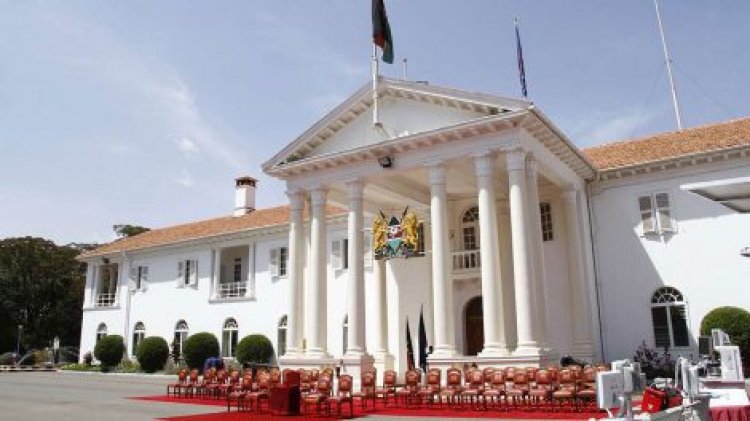In a swift and dramatic move today, Nairobi Woman Representative Esther Passaris introduced the groundbreaking Public Order (Amendment) Bill 2025, aiming to ban all demonstrations within 100 metres of Parliament buildings, courtrooms, State House, and other critical public infrastructure.
The proposal, revealed in Parliament this morning, would not only criminalize spontaneous public gatherings near protected zones but also empower the Cabinet Secretary to dictate designated protest areas nationwide. Under the new law, violators could face penalties of up to KSh 100,000, three months’ imprisonment, or both .
Passaris, the bill’s chief sponsor, defended the measure, stating it protects Kenya’s key institutions and ordinary citizens going about their business. Critics, however, say this is a brazen assault on the constitutional right to assemble and protest .
Human rights advocates warn the law could empower authorities to unilaterally clamp down on dissent—especially as critical voices from Gen Z continue to rise across digital and civic spaces.

The bill comes hot on the heels of intense youth‑led anti‑tax protests on June 25, which once again shook Parliament’s gates and rattled security forces .
That day, authorities shot two protesters dead in Matuu, hospitalized more than 50 in Nairobi, and employed razor wire, tear gas, water cannons—and even pulled broadcasts offline—to control the unrest .President William Ruto, publicly backing the effort, argued these legal changes walk the line:
“We must protect those who want to protest peacefully—and those who just want to go about their day” . However, Passaris’ bill goes much further—effectively redrawing the map of where protest is allowed in the capital and elsewhere.
Legal analysts caution the implications are stark: by granting unilateral power to set protest boundaries, the amendment risks turning Kenya’s civic spaces into controlled zones—effectively stifling unscheduled or spontaneous dissent.
“This weaponizes law against the people’s voice,” one civil liberties advocate told reporters off the record.Next week, Parliament will debate the bill.
Should both it and the related Assembly and Demonstration Bill of 2024 pass, spontaneous protests—even peaceful ones—could face criminal penalties if they fall within the newly proposed buffer zones.
As Kenyans grapple with inflation, unemployment, and debt, advocates argue suppressing protest will only swell public anger beneath the surface.
With national elections looming and Gen Z activism surging, this proposal may mark a turning point—not just in policing public order, but in defining whether Kenya remains a vibrant democracy… or shifts toward authoritarian governance.










Leave a Reply